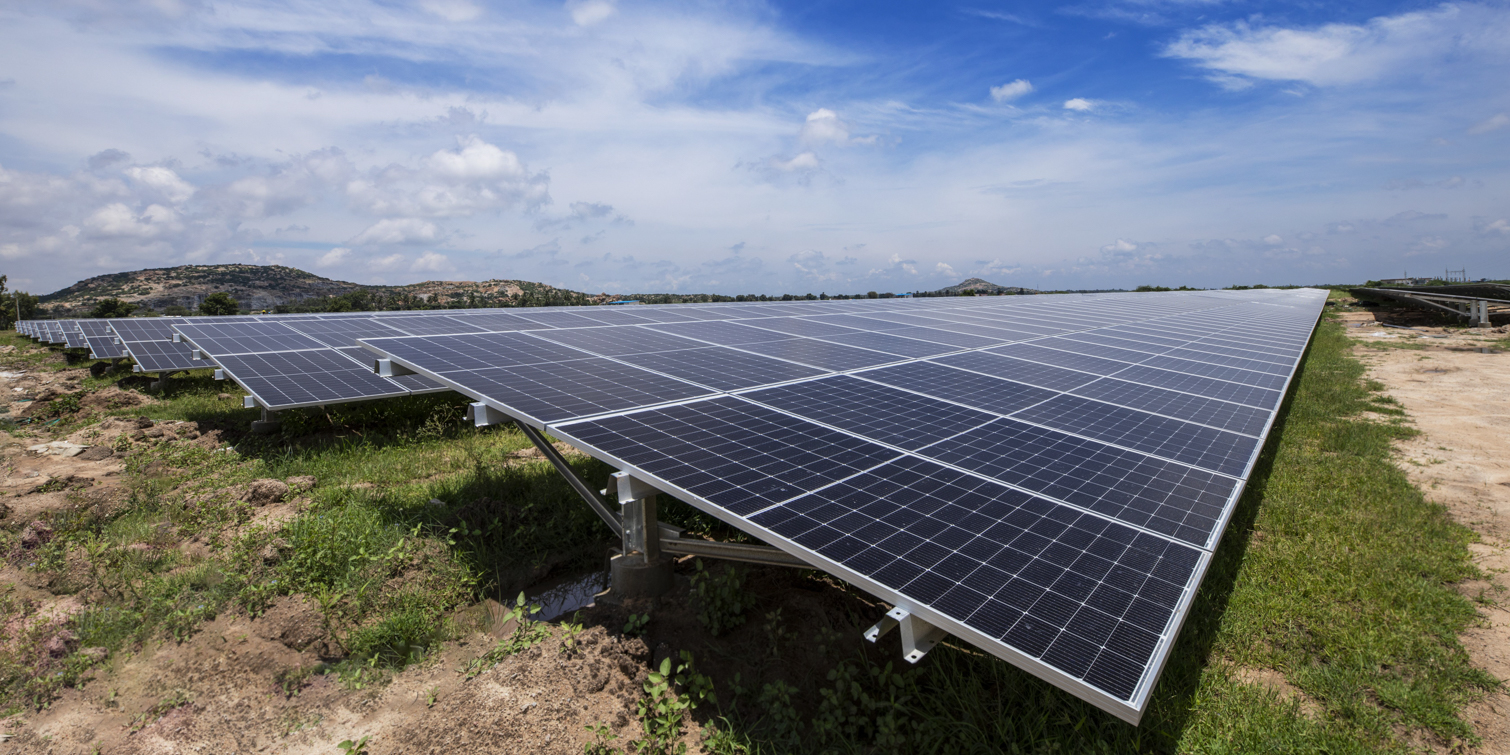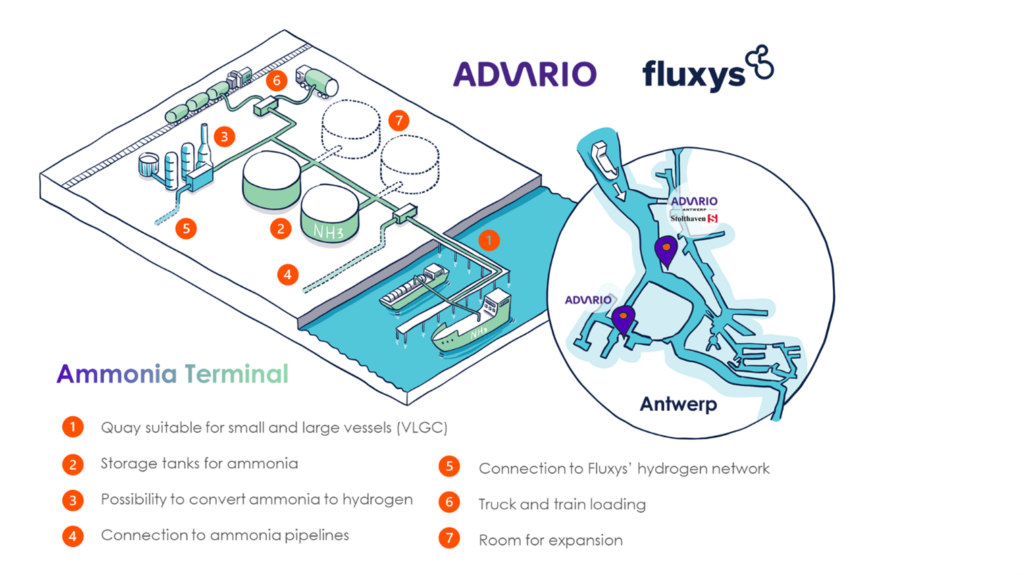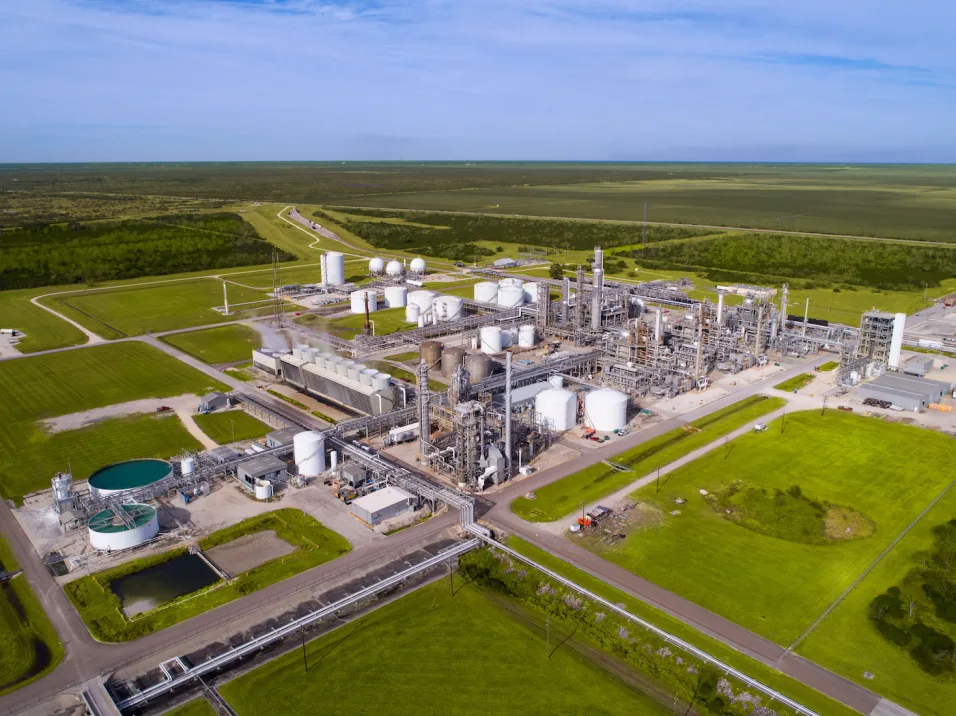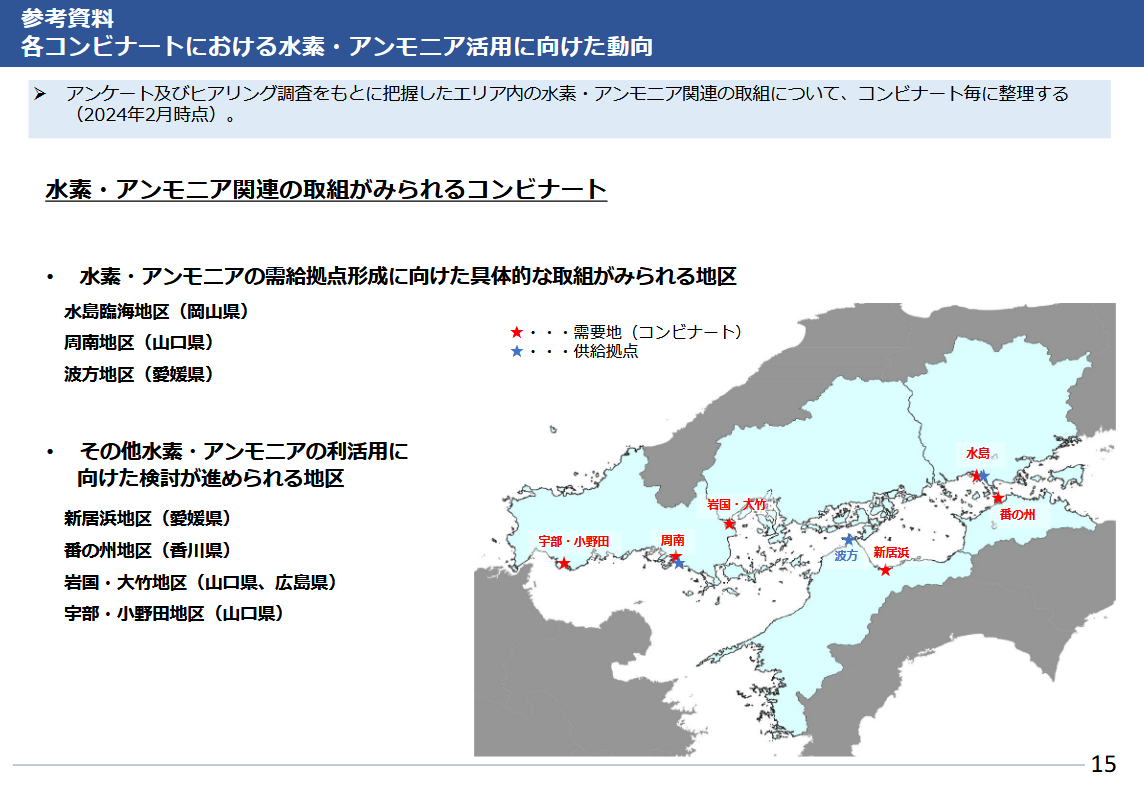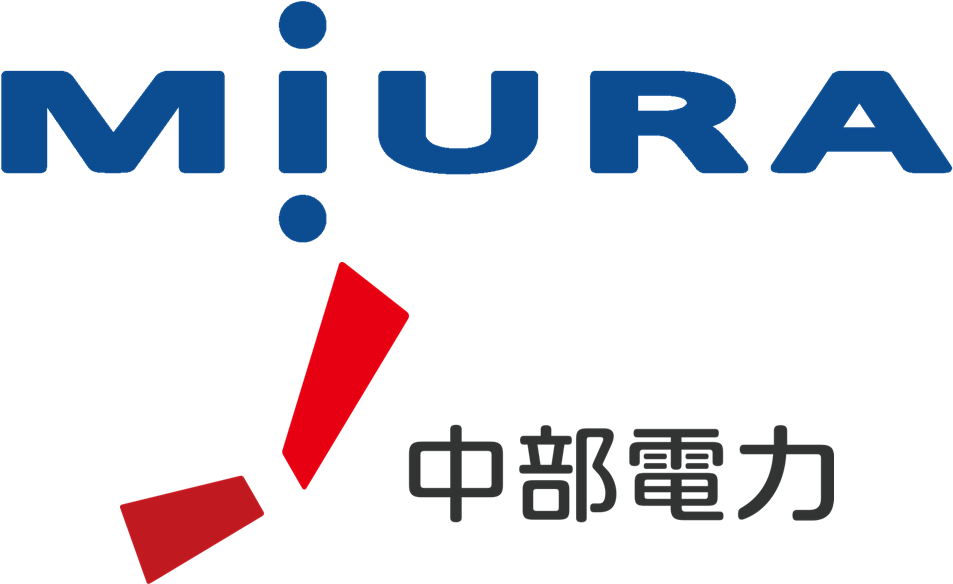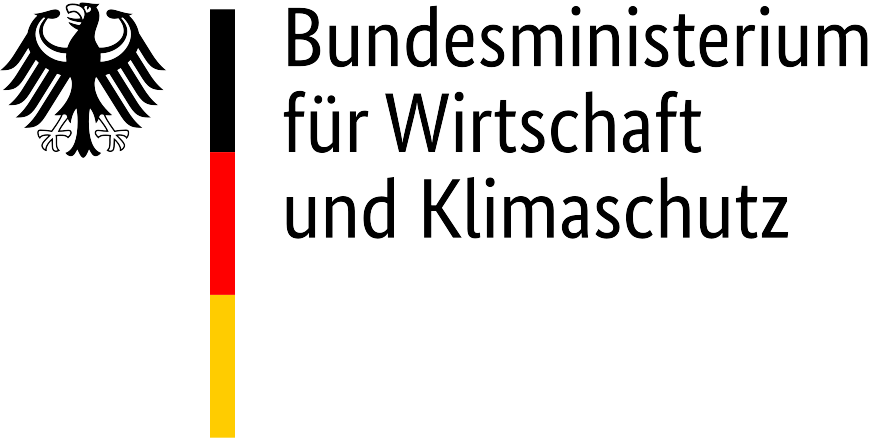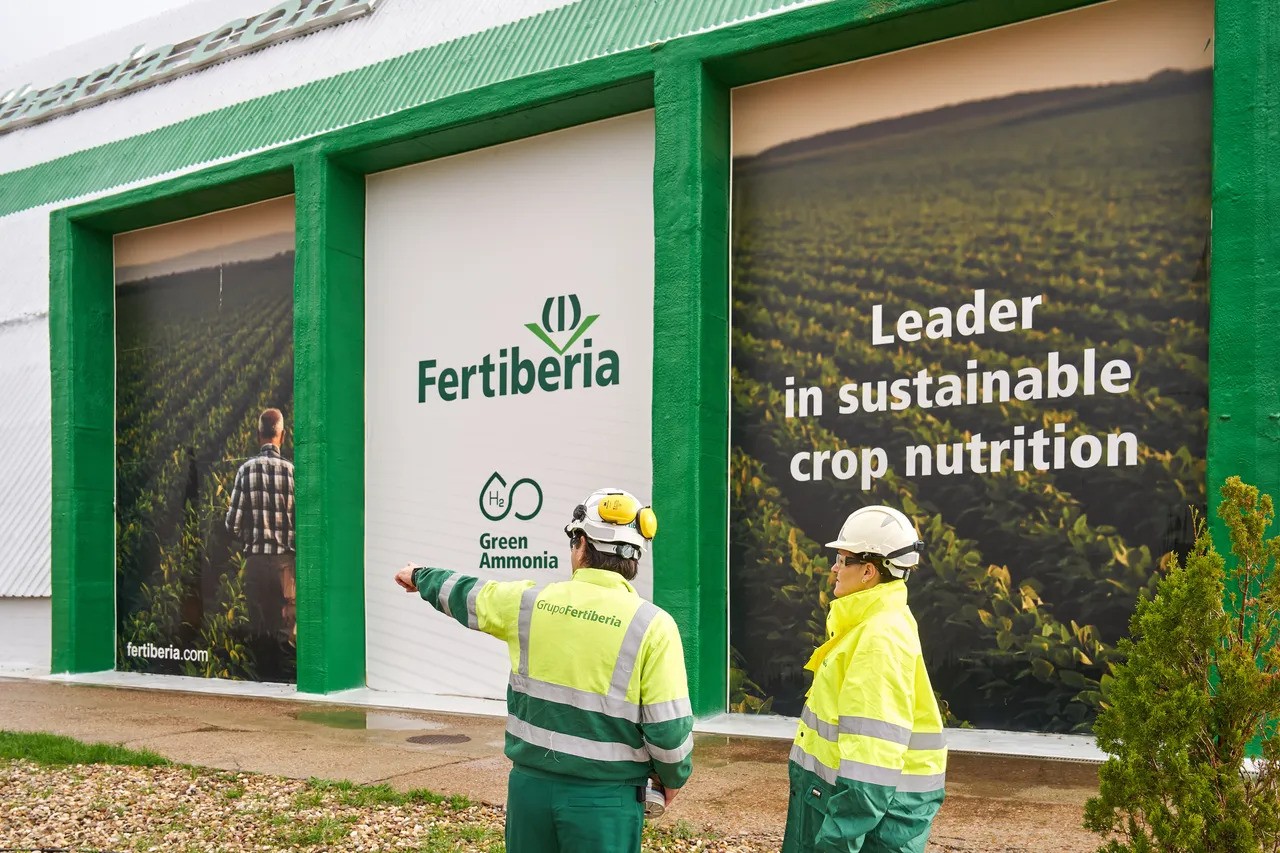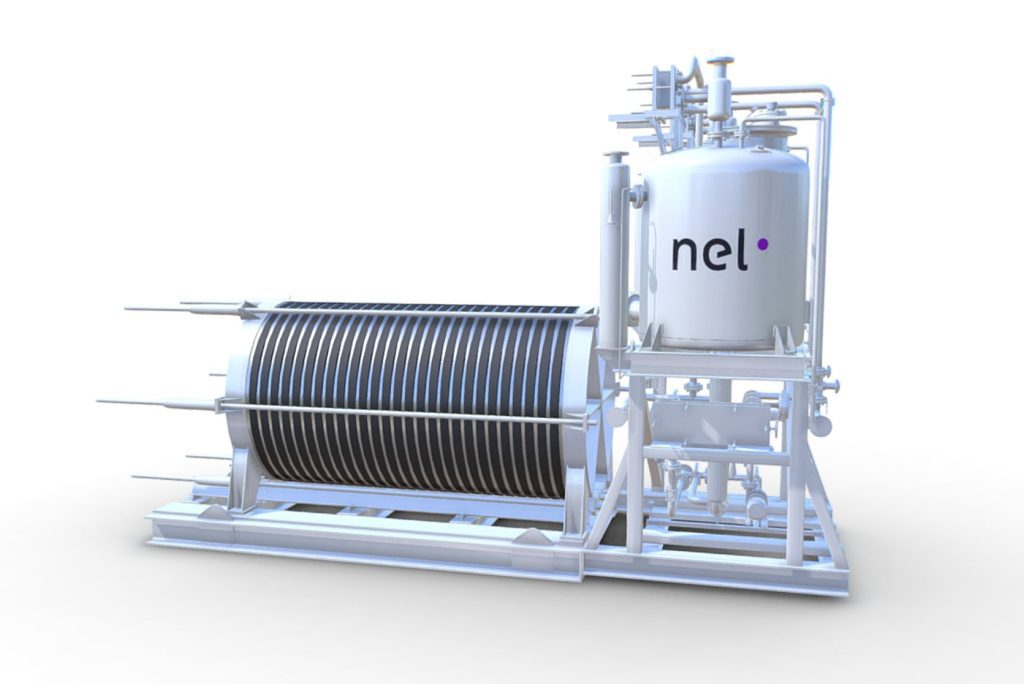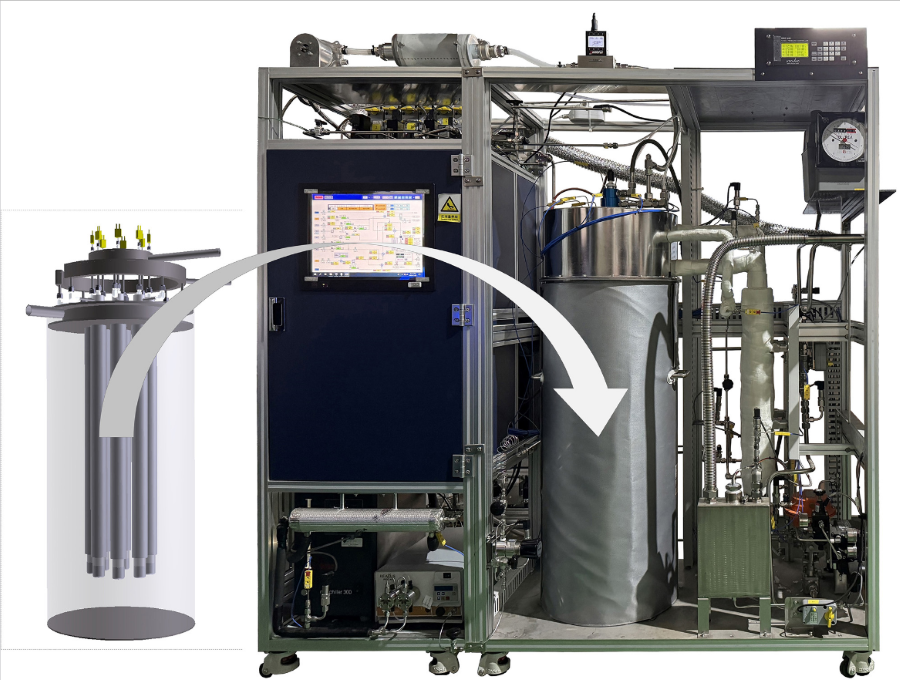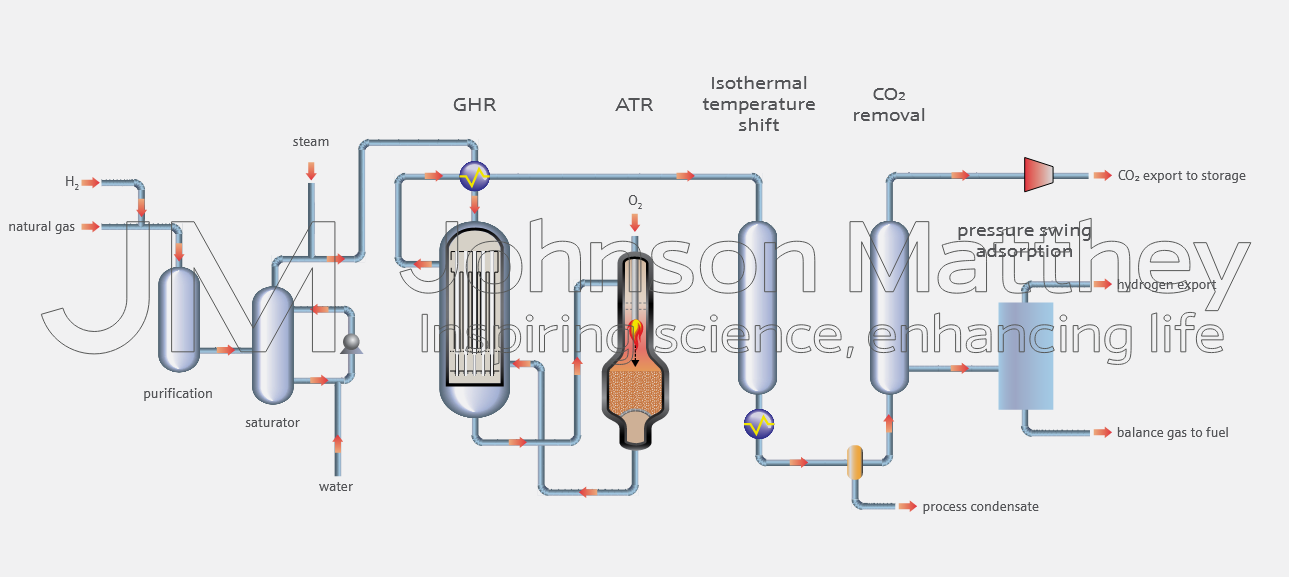Offtake term sheets signed for Indian renewable ammonia
Sojitz and Kyushu Electric will offtake the full volume of ammonia production from the first phase of Sembcorp’s under-development production project in India, with the intention to supply various industrial customers in the Kyushu region of Japan. In more term sheet news, Avaada will supply renewable ammonia to Mysore, a distributor of ammonia to Indian customers.
